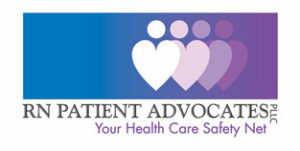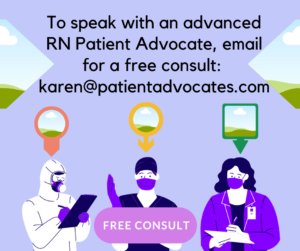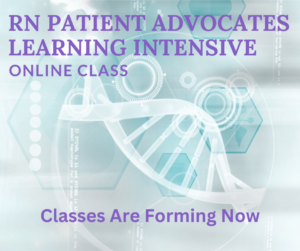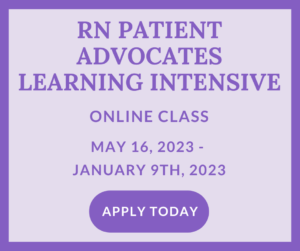An apple a day… Remember that? Well, an apple a day can keep the heart doctor away. What?
Dr. Robert DiSilvestro of the Ohio State University reports on a study published in the Journal of Functional Foods that in research with healthy, middle-aged adults, consumption of one apple a day for four weeks lowered by 40 percent blood levels of a substance linked to hardening of the arteries. Apples lower blood levels of the “bad” cholesterol which plays a central role in inflammation and damage to the lining of our arteries which leads to “hardening of the...






Recent Comments